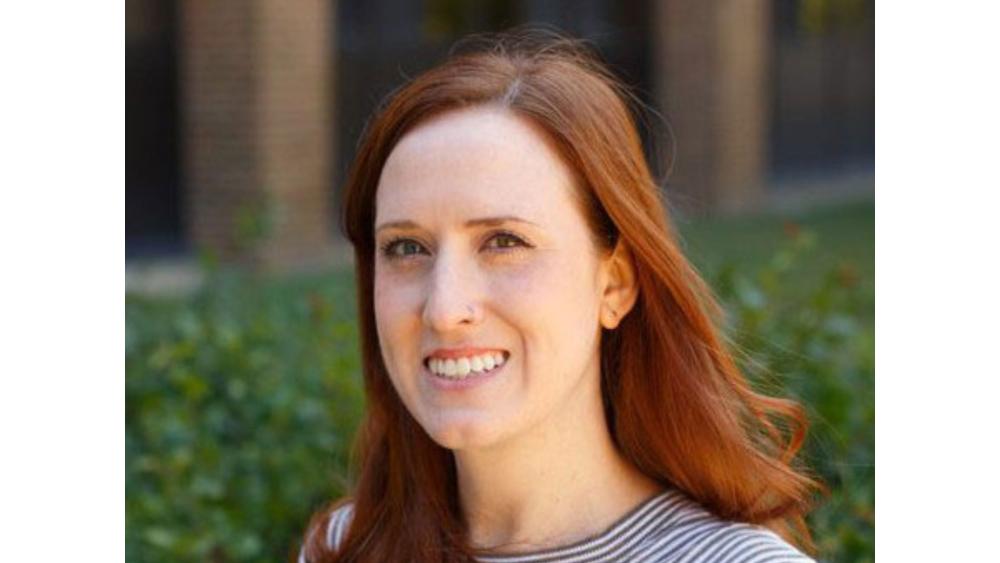UNIVERSITY PARK, Pa. — Kelley Cotter, assistant professor in the Penn State College of Information Sciences and Technology (IST), was awarded the Tom O’Regan Visiting Fellowship by the University of Queensland (UQ).
According to the UQ’s School of Communication and Arts website, the fellowship honors a legacy of cross-disciplinary research in media, communication and culture and promotes public lectures, talks and roundtables as the heart of intellectual life at the university.
In the following Q&A, Cotter discussed how the fellowship ties in with her research on social media algorithms.
Q: How did this award come to be?
Cotter: I was invited as a result of interest in my research among the faculty and students at UQ’s School of Communication and Arts. Nicholas Carah, who coordinates the fellowship, shared that the invitation was especially driven by graduate students affiliated with the school’s Centre for Digital Cultures and Societies, which he directs. The fellowship involves giving a public lecture, leading a masterclass for researchers and graduate students and providing informal consultations with faculty and graduate students working in related areas.
Q: How does the fellowship relate to your research?
Cotter: It’s awarded to researchers whose research in media and cultural studies has inspired those at the university’s School of Communication and Arts. My lecture will be given as part of a symposium entitled “Darkness to hyper-visibility: Exploring promotional and creator cultures of social media,” which is hosted by the Centre for Digital Cultures and Societies. The symposium aligns with my work on digital cultures, especially social media creators and algorithms and how everyday users understand and interact with those systems.
Q: What is the focus of your lecture?
Cotter: I will travel to Australia to present a talk titled, “Platform Epistemology: Shaping Algorithmic Knowledge in the Visibility Game.” This work is part of my forthcoming book, “Critical Algorithmic Literacy: From Everyday Knowledge to Bottom-Up Governance,” under contract with Oxford University Press. The talk focuses on how social media influencers learn about algorithms in order to build and keep their audiences. My key argument is that platforms like Instagram don’t just control who and what gets seen online. They also shape how people learn about algorithms, which deepens their control over creative work, labor conditions and inequality in online culture.
Q: What is the focus of your masterclass?
Cotter: It’s called “Does the Algorithm Know Me Better Than I Know Myself?” Participants will investigate how social media platforms and their algorithms shape the construction of identity, influencing not only what users encounter but also how they come to understand themselves and others.
Through a blend of conceptual grounding and hands-on activities, participants will collaboratively analyze social media feeds to consider how users and brands leverage platform features to signal identity, how they attune themselves to algorithms and how algorithmic curation makes certain identity characteristics salient. The workshop will conclude by focusing on methodological practice to help participants cultivate strategies for incorporating social media content and feeds into research designs, including ethical considerations.

